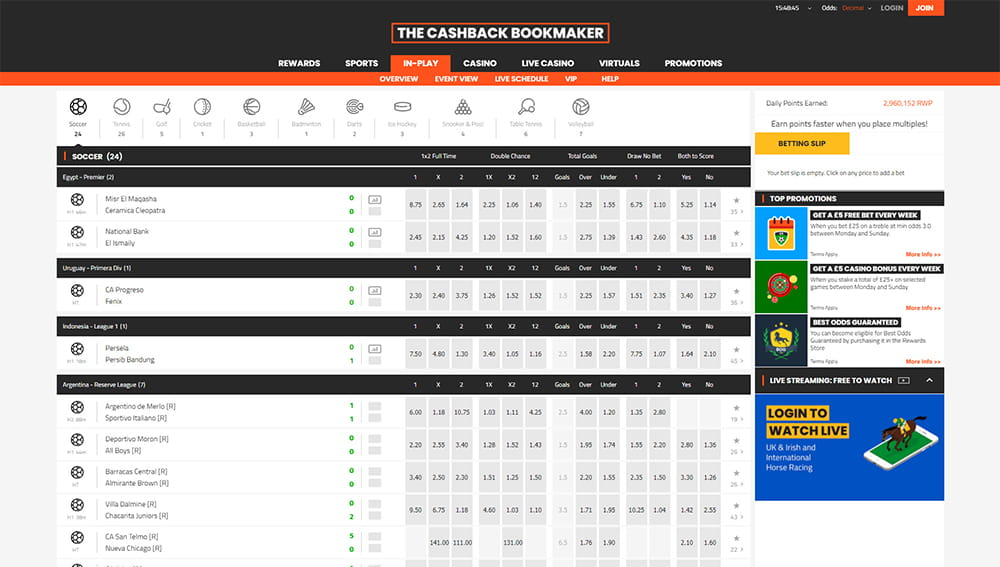
Casino experiences have enthralled players over the ages, progressing from easy diversions to intricate adventures that combine luck, skill, and fun. From the historical origins of gambling in cultures like ancient Mesopotamia and Rome to the glitzy corridors of contemporary casinos, the journey of these games reveals much about human nature and our connection with risk. As societies have intertwined and technology has advanced, casino games have evolved, illustrating the changes in society and developments in gameplay.
The primitive versions of gambling likely involved simple dice-based games and wagering on the results of sports competitions. Through the years, these early games grew into more structured games like card games, the roulette wheel, and the multitude slot machines that fill the premises of casinos today. Each period brought its distinct regulations, design elements, and sociocultural significance. At present, casino games persist in evolving with the rise of internet-based platforms, enabling players from various parts of the world to join in a common experience, further blending the traditional with the modern era.
Ancient Roots of Casino Activities
Gaming games have origins that extend back to historical societies, where betting was deeply integrated in social traditions and cultural customs. The earliest known instances of gambling developed in Mesopotamia around 3000 BC, featuring basic dice games made from knuckle bones. These early activities laid the foundation for more advanced betting games, demonstrating human beings’ instinctive desire to seek wealth and amusement through luck.
As civilizations evolved, so did their betting pursuits. In ancient China, around 2300 BC, tiles were discovered that were similar to primitive basic versions of a lottery activity. More structured instances of betting emerged in the Roman Empire, where activities of chance were a popular recreation, often taking place in social gatherings. The Romans developed different betting activities, which composed dice and table activities, showing the widespread nature of betting across various economic classes.
With the flow of ages, these early games contributed to the evolution of contemporary casino games. In the Middle Ages, card games emerged prevalent in European culture, paving the way for the organized gambling venues we know today. The shift from casual betting to formal gambling in taverns and personal houses marked a significant shift in how people engaged with activities of luck, leading to the subsequent creation of gaming houses as specialized places for betting.
The Growth of Contemporary Gambling Industry
The late 1960s and 1970s marked a significant change in the world of casino games, fueled by technological progress and transformations in cultural attitudes towards gambling. The introduction of personal computers and the internet altered the way gamblers interacted with their beloved games. Virtual casinos emerged, enabling gamers to enjoy traditional casino classics like poker and 21 from the safety of their own homes. This new digital landscape not only broadened availability to casino games but also attracted a younger demographic who found the ease and variety attractive.
As digital gaming gained momentum, so did developments in casino tech. The advancement of high-quality programs and visual elements converted traditional casino games into engaging experiences. Gamblers could now interact with realistic dealers through real-time broadcasts, importing the vibe of physical casinos directly into their houses. This fusion of in-person play with online platforms created a new hybrid model that enhanced the community element of gambling, making it possible for people to connect and challenge with fellow gamers around the world.
Moreover, the rise of mobile gaming dramatically changed the gambling environment. With the widespread use of mobile phones and touch devices, gamblers can access their favorite gaming options everywhere, whenever. Mobile applications offer a wide selection of options customized for touchscreens, catering to the dynamic daily life of contemporary gamers. bl555.casino This easy access has produced increased participation in casino games, contributing to the rapid expansion of the gaming industry. As a result, the prospects of the gaming industry continues to progress, adapting to new technologies and changing consumer preferences.
How Technology Influences Casino Games
Technology’s advancement has greatly changed casino games, improving the overall experience for players for gamblers globally. With the introduction of the internet, online casinos emerged, allowing players to enjoy their favorite games from the comfort of their homes. This shift not only made casino games more accessible but also increased the variety of games offered, as online platforms could host numerous variations of traditional games without the limitations of brick-and-mortar establishments.
The rise of mobile technology further transformed the casino gaming landscape. As smartphones and tablets became widespread, players can to play casino games anytime and anywhere. This flexibility has resulted in the development of dedicated mobile applications and optimized websites that offer smooth gaming experiences. Additionally, advancements such as live dealer games have brought the genuine feel of a casino into players’ living rooms, connecting between physical and online gaming.
Furthermore, advancements in artificial intelligence and virtual reality are paving the way for the next generation of casino games. AI enhances game design and player interaction, creating customized experiences based on user behavior and preferences. Meanwhile, virtual reality offers immersive environments where players can engage in a simulated casino setting, making the gaming experience more engaging and realistic. As technology continues to evolve, the future of casino games looks promising, filled with endless possibilities for innovation and entertainment.